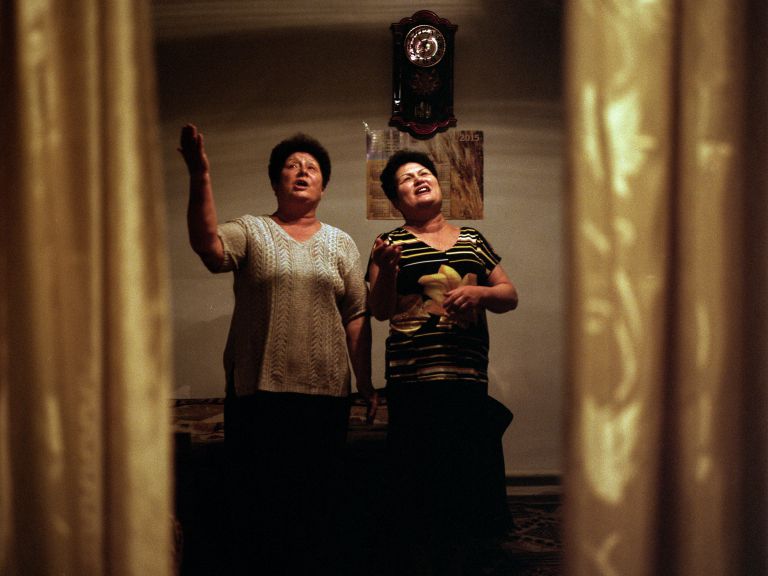Project Detail: The Koreans of Kazakhstan
Contest:
LuganoPhotoDays 2015 Pro
Brand:
LuganoPhotoDays
Author:
Michael Vince Kim
Status:
Finalist
Project Info
The Koreans of Kazakhstan
In 1937, 180,000 Koreans that had settled in the Russian Far East to escape famine, poverty, and Japanese colonial oppression were forcefully deported to Central Asia under Stalin’s ethnic cleansing. They were deemed to be “unreliable people” due to suspicions of Japanese espionage, an accusation for which proof has never been found. 40,000 Koreans died during the month-long journey in precarious and overcrowded cattle trains and the harsh Kazakh winters following the relocation. They were left with no means of survival nor the compensation they had been promised. Starvation and illness became commonplace, taking mainly the lives of children and the elders. They lived in earth dug-outs while being ordered to grow rice in the desertic Kazakh steppe, surrounded by Soviet troops to ensure they would not leave their designated area. The Koreans received medals of honour for their hard labour and success in collective farms as well as their participation in war, yet they were denied the right to learn their own language, a Soviet Korean dialect distinct from the language spoken in modern Korea. Along with cultural assimilation and intermarriage, the Soviet Korean dialect is almost extinct. Nevertheless, the Koreans of Kazakhstan have retained a sense of identity as ethnic Koreans as well as traditions and rituals still practiced in the Korean peninsula today.


















